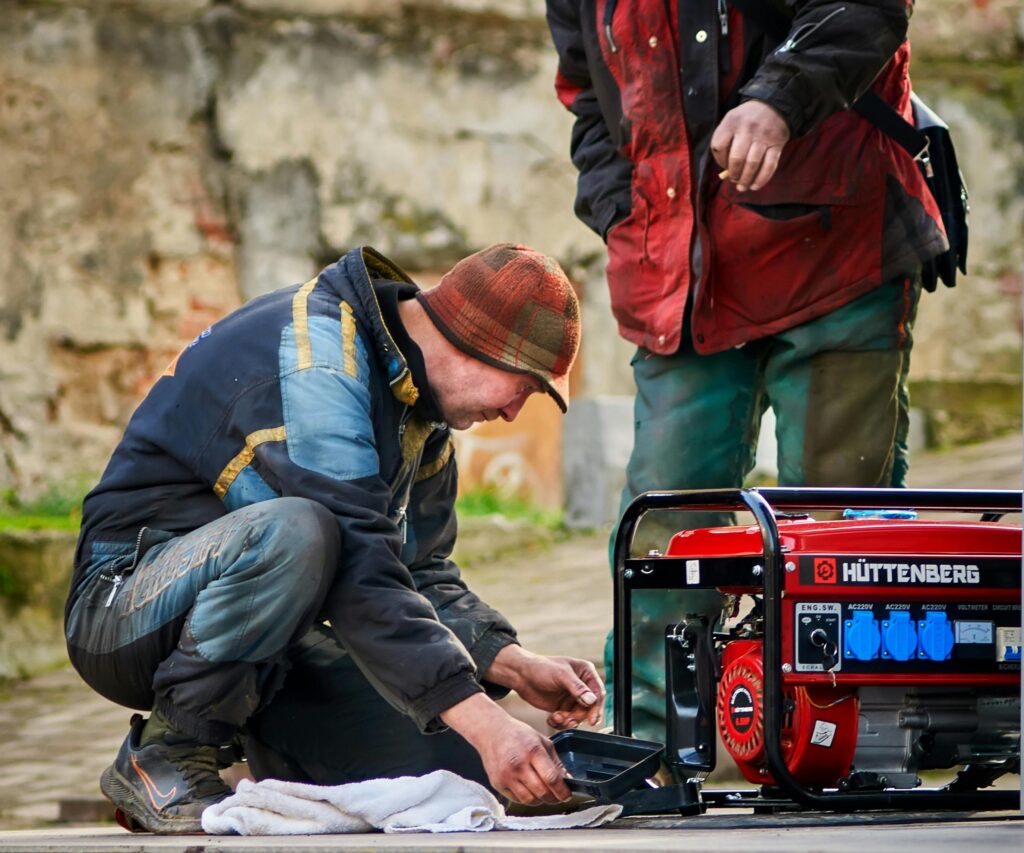
Image by Igovar igovar on Pexels
For any home to be safe, comfortable, and convenient for use of the different appliances, then it must have constant power throughout. There are many factors that can cause power outages including, storms, requipment failure, or other natural disasters. That can interfere with your routine and even be dangerous for your family members.
This is why you need a generator for your whole house, providing a continued power supply even during unexpected outages. To ensure proper setup and safety, it’s best to work with professional generator installation services that can recommend the right size, model, and placement for your home. However, some elements need to be considered when choosing the right generator for your home, as explained below.
Assessing Your Power Needs
The first step in choosing the right whole house generator is to determine your household’s power requirements. You not only need to choose a powerful generator but also find one that won’t overload or underperform. Some appliances and systems that you might want to power during an outage include:
● Heating and cooling systems (HVAC)
● Refrigerators and freezers
● Lights
● Water heaters
● Sump pumps
● Medical devices
● Communication devices like routers and modems
Once you identify these appliances, you’ll need to calculate their combined wattage. Every appliance has a wattage rage that shows how much power it consumes. Add these to get a rough estimate of your overall power consumption. This will help you determine the right size and capacity for your whole house generator.
Types of Whole House Generators
Each type of generator has its pros and cons, so it’s important to choose the one that suits your specific needs and budget. There are three main types of generators to consider:
Standby Generators
These are permanently installed outside your home, just like a central air conditioning unit. These systems automatically turn on when there’s a power outage. They’re ideal for households looking for a seamless and reliable backup power solution.
Power Generators
These are smaller and movable, making them a more flexible option. They’re typically gas-powered and need to be manually started during an outage. These generators are great for powering specific appliances or for use during camping or outdoor events.
Inverter Generators
Inverter generators are newer, more advanced generators. They provide clean and stable power, making them ideal for sensitive electronics like laptops, medical devices, and other equipment that can be damaged by power surges.
Fuel Source Options
The fuel source for your whole house generator is another crucial factor to consider. Common options include natural gas, propane, diesel, and gasoline. In addition, consider factors such as fuel availability, cost, and your personal preferences when selecting a fuel source.
Sizing Your Generator
The size of your back-up generator should depend on your estimated power needs. Consult with a professional to determine the appropriate size for your home. Some key features to look out for include:
● Automatic transfer switch
● Runtime
● Noise levels
● Maintenance
● Warranty
● Brand reputation
Endnote
Choosing the right whole house generator means analyzing your power requirements, the type of generator, its fuel source, size, and other options. Following the guidelines stated and explained in this blog post, you will be in a position of making the right decision and also having a prepared home for the unexpected power outages.
